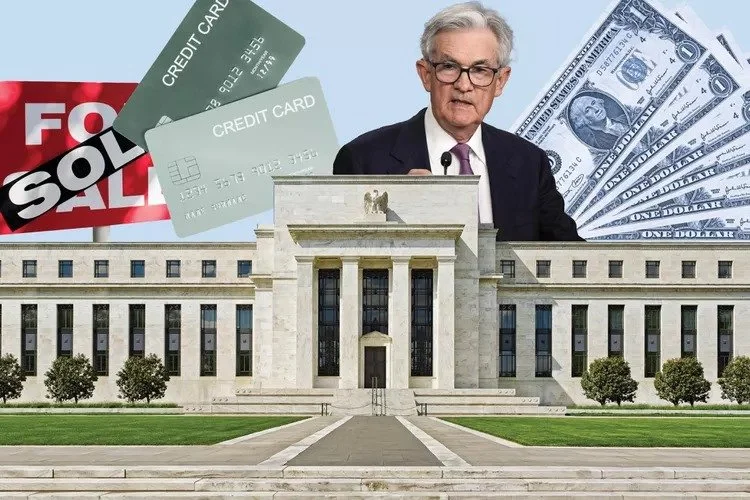What's the Outlook for Interest Rates in 2025?
The Federal Reserve has pumped the brakes on potential interest rate cuts in 2025, which could affect your borrowing costs in the new year.
Mortgage rates and car loans generally have lower interest rates than credit cards and personal loans. However, most loans are influenced in some way by the federal funds rate, which is set by the Federal Reserve to help keep inflation in check.
In mid-December, Fed officials scaled back their projections for reductions in the fed funds rate in the new year.1 That means interest on everything from a car note to a mortgage could stay higher for longer. Here’s how consumer interest rates could play out in 2025.
Mortgage Rates to Remain Elevated
While the Fed may make some interest rate adjustments in 2025, some economists aren’t expecting much of that reduction to trickle down to home loan borrowing costs.
Mortgage rates aren't tied exclusively to the fed funds rate and are more sensitive to 10-year treasury yields.
Wells Fargo forecasters projected that mortgage rates are likely to fall only to around 6.3% in 2025. Economists at government-backed mortgage lender Fannie Mae also expect mortgage rates to stay above 6%.2
That’s lower than the current rates of around 7% but far higher than the average outstanding mortgage rate of 4%. That means that if you're buying a new home in 2025 you will likely be trading in a lower interest rate for something higher. And for those looking to refinance, the chances may be slim.
Car Loan Rates Could Drop, Bounce Back
Car loans may show some improvements in 2025, but economists expect that to slow down as the year progresses.
According to Cox Automotive, the average auto loan rate for new vehicles in early December was around 9%, while rates for used vehicles were nearly 14%.3
“As we head into 2025, average auto loan rates are a full point lower from their peaks earlier in 2024, and approval rates are increasing,” wrote Cox Automotive Chief Economist Jonathan Smoke.4 “This should be good news for business in the months ahead, but the path is not set. After some decline in the spring, rates could begin rising again.”
Credit Cards Could Become Less Expensive
The Fed funds rate heavily influences credit card interest rates, which typically are indexed to the benchmark and thus move in tandem.
According to the latest research from Investopedia, the average credit card interest rate is 24.37% in December. That number stands to move lower as the three Fed rate cuts in 2024 continue to work through the economy and more cuts could be on the way.
Credit cards have variable interest rates, which means they can fluctuate at any given time. Personal finance professionals say it's important to check with your bank to ensure you know which way your borrowing costs are moving and when.
Tariff Proposal Provides Uncertainty
While officials have put together projections of where interest rates could likely go under current economic conditions, some changes could be on the way that could alter credit conditions.
Economists have said they are closely watching for any of President-elect Donald Trump's tariffs, as they could stoke inflation. The Federal Reserve may have to slow down its interest rate cuts if price pressures remain elevated.

